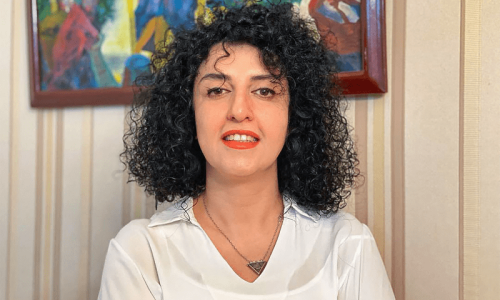‘Landscape with the Fall of Icarus’ probably painted around 1560 (oil on canvas, 28.9 inches x 44.1 inches) was long considered as the defining work of Renaissance artist Pieter Bruegel. However, after technical examination in 1996, it became doubtful and it is now seen as a good early copy by an unknown artist, of Bruegel’s original lost painting.
In Greek mythology Icarus succeeded in flying with wings made by his father Daedalu’s using feathers secured with beeswax. When Icarus started flying very high, the sun melted the wax and he fell into the sea and drowned. In the painting, the foreground is set with a shepherd tending his small herd, a plowman doing work in his field, and a fisherman by a small bay that contains a few ships. There is also an image of legs sticking out of the water behind the large ship, supposed to be the legs of Icarus. The painting is displayed at the Royal Museum of Fine Arts of Belgium in Brussels. — M.Z.A
Published in Dawn, Sunday Magazine, October 16th, 2016
















































Dear visitor, the comments section is undergoing an overhaul and will return soon.